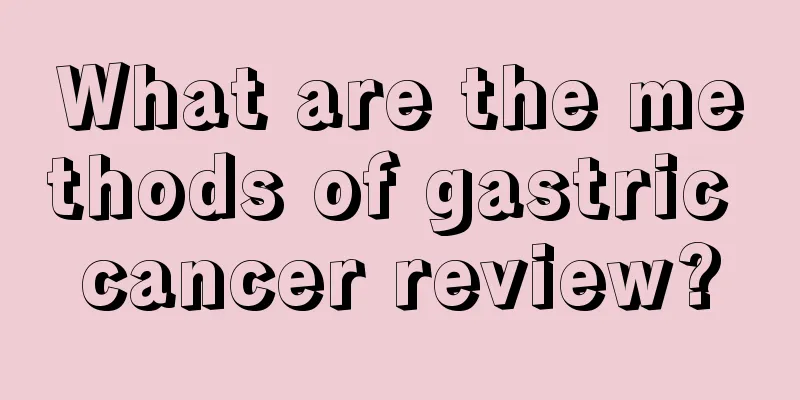What to do if the heart is not getting enough blood? Improve it with diet

|
In today's society, cardiovascular and cerebrovascular diseases have become more and more common. Insufficient blood supply to the heart is a common one. Severe cases can threaten the patient's life safety. The most important thing in treating this disease is daily diet. A reasonable diet can well control the disease. 1. What to do if the heart is not getting enough blood? 1. Myocardial insufficiency can be improved by the following suggestions: Control the intake of staple food and fat, ensure the supply of fresh vegetables and fruits to provide vitamin C, B vitamins and appropriate dietary fiber. Choose more beans and bean products, appropriately increase seafood, such as kelp, seaweed, etc., and try to use less animal liver, kidney, preserved eggs and other foods with high cholesterol and foods with high saturated fatty acids, such as fat, animal fat, cream, etc. Eat small meals frequently, avoid overeating, and do not eat too much for dinner, otherwise it is easy to induce acute myocardial infarction. Do not drink strong alcohol. Alcohol can speed up the heart rate and aggravate myocardial hypoxia, so alcohol should be avoided, etc. 2. Appropriately increase dietary fiber intake. Provide rich vitamins. Vitamin C can promote cholesterol to produce bile acid, thereby lowering blood cholesterol; 2. Symptoms of insufficient blood supply to the heart 1. Angina pectoris is a typical symptom of insufficient blood supply. Its main cause is acute myocardial ischemia. Usually, angina pectoris attacks are related to activities or getting up in the morning. They are mostly located in the precordial area or behind the sternum. They are compressive and can radiate to the left shoulder and teeth. They last for several minutes and can be relieved after rest. 2. Even if there is no chest pain, symptoms of arrhythmia may occur. 3. Angina pectoris can also occur outside the chest, manifesting as headache, toothache, sore throat, shoulder pain, and leg pain, which often needs to be differentiated from the discomfort caused by the corresponding organs. 4. A decrease in cardiac output leads to a decrease in blood supply to the brain. Severe arrhythmia also often leads to a decrease in blood supply to the brain. Therefore, when elderly people have cerebrovascular manifestations, an electrocardiogram should be performed and followed up in the short term. |
Recommend
Is multinodular liver cancer serious?
Now, there is a relatively new drug microsphere, ...
Gastritis hasn't been cured after taking medicine for a month
Gastritis is a very common stomach disease. Once ...
What disease might cause headache and vomiting
Headache and vomiting are common symptoms that ma...
What are the functions of olive oil?
In fact, olive oil has a very high health-care ef...
Language training methods for autism
The appearance of children with autism has put ma...
My butt is itchy all the time
If people feel that their buttocks are always itc...
Is it bad to use too much aloe vera gel?
Many people think that aloe vera gel is not good ...
Here are some detailed introductions to the treatment of prostate cancer
As a common tumor disease, prostate cancer can ca...
The secret to long-lasting love: these three habits must be learned
It is said that love has a shelf life. After the ...
Symptoms of liquefied gas poisoning
Liquefied gas is a gas that is often used in peop...
Gua Sha back color judgment
People must be familiar with the practice of scra...
How to grow hair? 7 types of hair growth foods
Hair should not only be black and shiny, but also...
Should I dip the toothbrush in water before brushing my teeth?
Having a healthy body can help us enjoy life bett...
Treatment of lichen sclerosus atrophicus
I believe everyone must have heard of a disease, ...
Is it expensive to treat hamartoma?
There are so many types of diseases nowadays, and...









